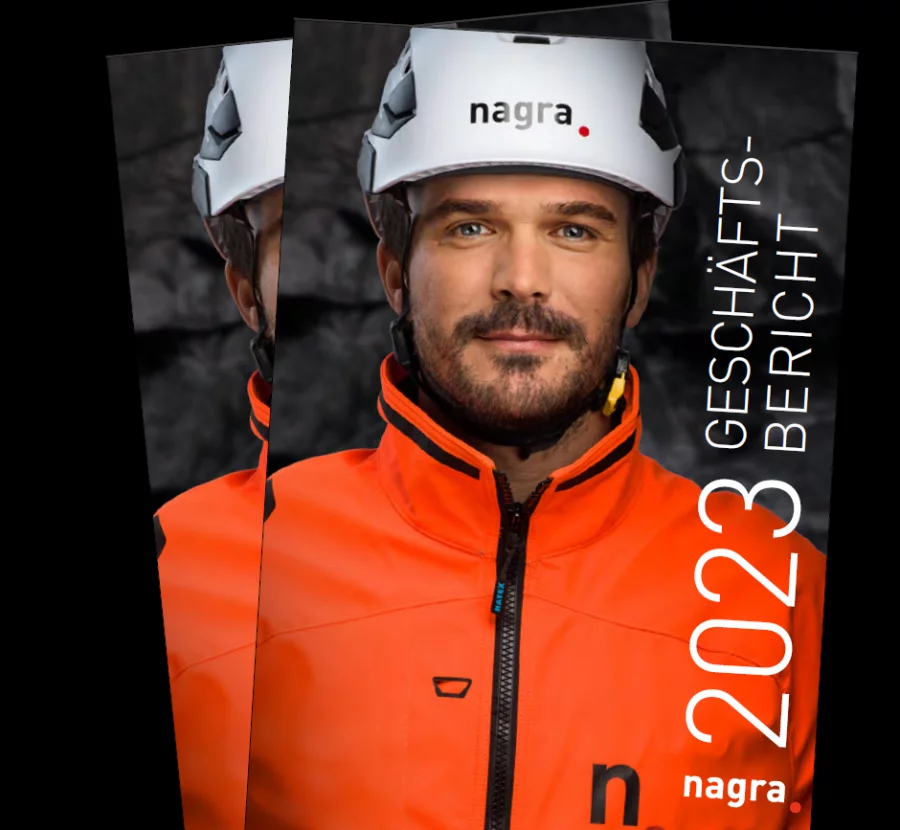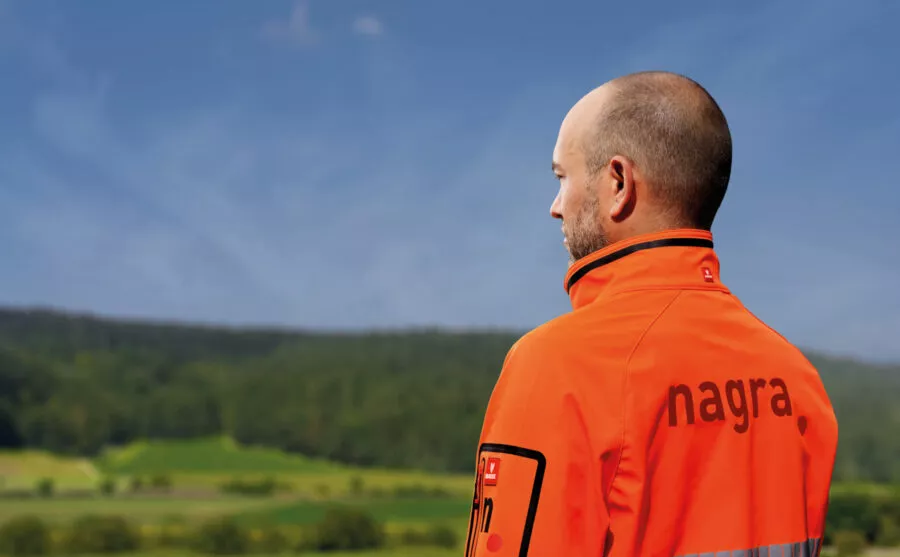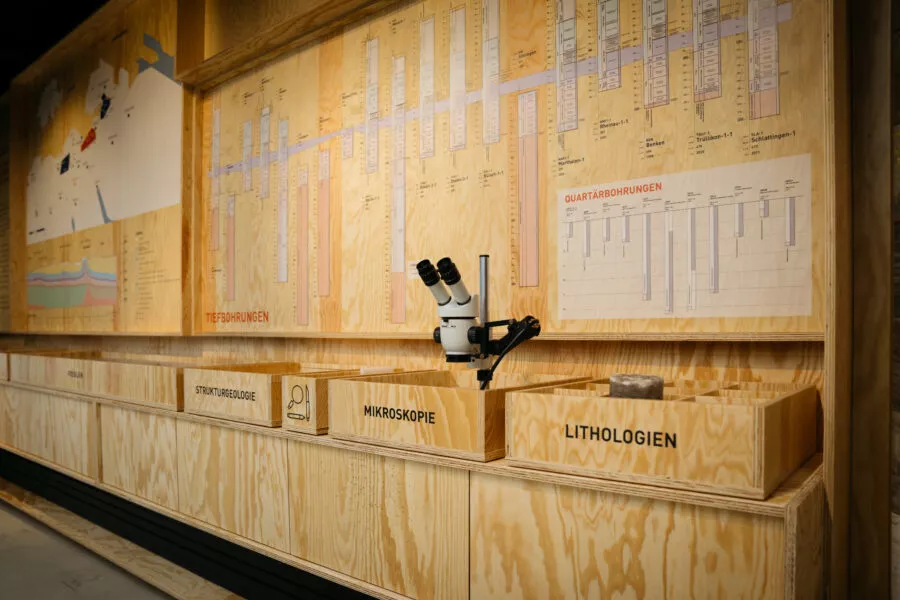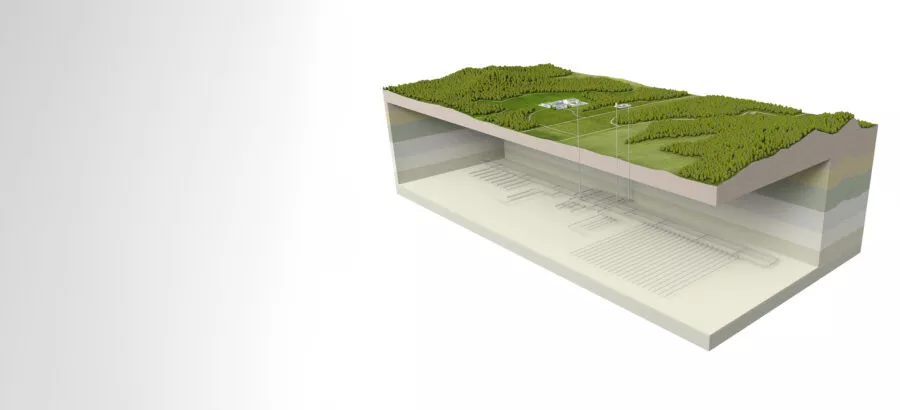
Siting region actively involved in shaping project of the century
Following its siting proposal in 2022, Nagra prioritised collaboration with the region in 2023. This was also a topic at Nagra’s annual general meeting in Bern today. The focus this year is on submitting the general licence applications in autumn 2024.
Following the siting proposal in autumn 2022, Nagra focused on the Nördlich Lägern siting region in 2023,” said Lino Guzzella, President of Nagra’s Board of Directors, at today’s annual general meeting in Bern. “We have established a presence in the region and are in close dialogue with the authorities, institutions and local residents, making the deep geological repository project in the region more tangible to the people it affects. The siting region is actively involved in shaping the project of the century – that is good and important,” Guzzella explained.
Milestone this autumn
The local presence is and will remain important for the planned construction of the deep geological repository in the coming years. This year, Nagra intends to reach another milestone: the project is entering the licensing phase. “Thanks to the great commitment of our staff, we expect to be able to submit the general licence applications for the deep geological repository project on time in November 2024,” Guzzella announced, adding, “Working on the reports is very demanding. My colleagues from the Board of Directors and I have great respect for the extraordinary efforts made by everyone involved in this milestone.”
All requests approved
At today’s annual general meeting of Nagra, all requests put forward by the Board of Directors were approved: the representatives of the Cooperative unanimously approved both the annual report and the annual financial statements for 2023. The assembly discharged the Board of Directors for the 2023 business year and voted for the members of the Board of Directors standing for election for a three-year office term. Alexander Puhrer, Head of Nuclear Production at Alpiq, was newly elected. He replaces Michaël Plaschy, who took over as Head of Hydropower Production at Alpiq at the beginning of the year, upon which he announced his departure from Nagra’s Board of Directors. Lino Guzzella thanked Michaël Plaschy for his great commitment: “Michaël Plaschy shared a great deal of knowledge and experience in his 15 years as a member of the Board of Directors and thus made a significant contribution to important decisions relating to the deep geological repository project.”
With immediate effect, Nagra’s Board of Directors consists of the following members:
Lino Guzzella, President of the Board of Directors
Roland Schmidiger, Axpo Power AG, Vice President
Roland Grüter, Kernkraftwerk Leibstadt AG
Philipp Hänggi, BKW Energie AG
Thomas Kohler, Alpiq AG
Matthias Neuenschwander, Neuenschwander Consulting Engineers SA
Alexander Puhrer, Kernkraftwerk Gösgen-Däniken AG
Thierry Strässle, Swiss Confederation (Paul Scherrer Institute)
Bruno Ulrich, Zwilag AG
Further information:
Jagna Züllig, Nagra media spokesperson, + 41 76 419 78 37 medien@nagra.ch
Similar articles
Could transmutation of radioactive waste make a deep geological repository superfluous?
No, we would still need a deep geological repository. Even after the transmutation of the high-level waste, radioactive waste would remain, and this would still have to be disposed of in a deep geological repository. We would also need new nuclear reactors, but constructing them is currently prohibited in Switzerland.




